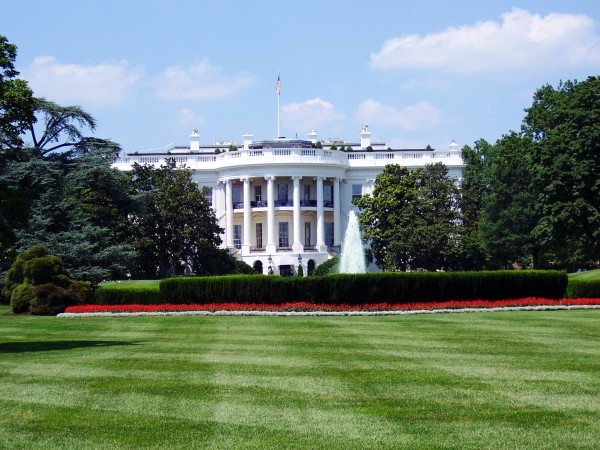

We have heard a lot in recent weeks about Britain’s dirty money problem and specifically the influence of Russian money laundered in the UK, and politicians of all hues have urged the government to get its house in order.
This is now in the headlights more than ever with the events in Ukraine and the announcement of some UK sanctions (with the possibility of more to come) targeting funds from friends of the Vladimir Putin regime that allegedly pervade not only London’s property market but even donations to the Tory party.
However, this just magnifies the fact that our approach to money laundering needs a serious rethink, and not just regarding illicit finance from Russia. Cryptocurrencies can be a money launderer's paradise. And let’s not forget drug trafficking, terrorism and modern slavery, which are all sources of dirty money too.
What we don’t need, however, is more regulations or laws. We have a wealth of rules already requiring banks, professional services companies and others to monitor and report potentially concerning activity. The issue is what happens after.
There is a lack of investment in resources to investigate and prosecute wrongdoers. The absence of a joined-up approach between the various agencies tasked with tackling the dirty money problem is also a big hindrance.
Boris Johnson should be taking a leaf out of Joe Biden’s book. The Biden administration is conducting a root-and-branch review of its anti-money-laundering strategy and processes. It is focusing not just on the finance and real estate sectors or corrupt funds from one regime, but is taking a whole-of-government approach.
It wants to bolster inter-agency information sharing – domestically and internationally. It wants to put anti-corruption efforts at the heart of its foreign policy. The detail is still to come, of course, but the strategic vision and ambition is clear.
This is no box-ticking exercise. The review is underpinned by a top-level commitment to achieve a system that is fit for purpose, effective without being overly burdensome and above all it aims to protect the integrity of the US finance sector and national security.
The UK government really should be considering something similar as it looks to support post-pandemic and post-Brexit Britain. London developed the unfortunate reputation of being the money-laundering capital of the world long before the Ukraine crisis. But successive governments have failed to address the problem sufficiently.
We’ve had reviews, new tools such as unexplained wealth orders, account freezing orders, and a ramping up of AML obligations in sectors from finance to gambling, to education and the arts.
But without a properly thought-through strategy to drive efforts forward more effectively, and meaningful investment in policing, enforcement agencies and the courts to give practical teeth to support the rhetoric, we won’t see a sea change to turn the tide.
The Financial Conduct Authority’s successful prosecution of NatWest last year for money laundering failures – its first criminal prosecution of a UK bank under AML rules – was a rare milestone, but the regulator has admitted it has dropped many other criminal probes in favour of fines and civil penalties, presumably because the latter is less resource intensive. That speaks volumes of the situation we are in and Putin isn’t the only one who knows it.
Nicola Finnerty is a partner in the criminal litigation practice at law firm Kingsley Napley



